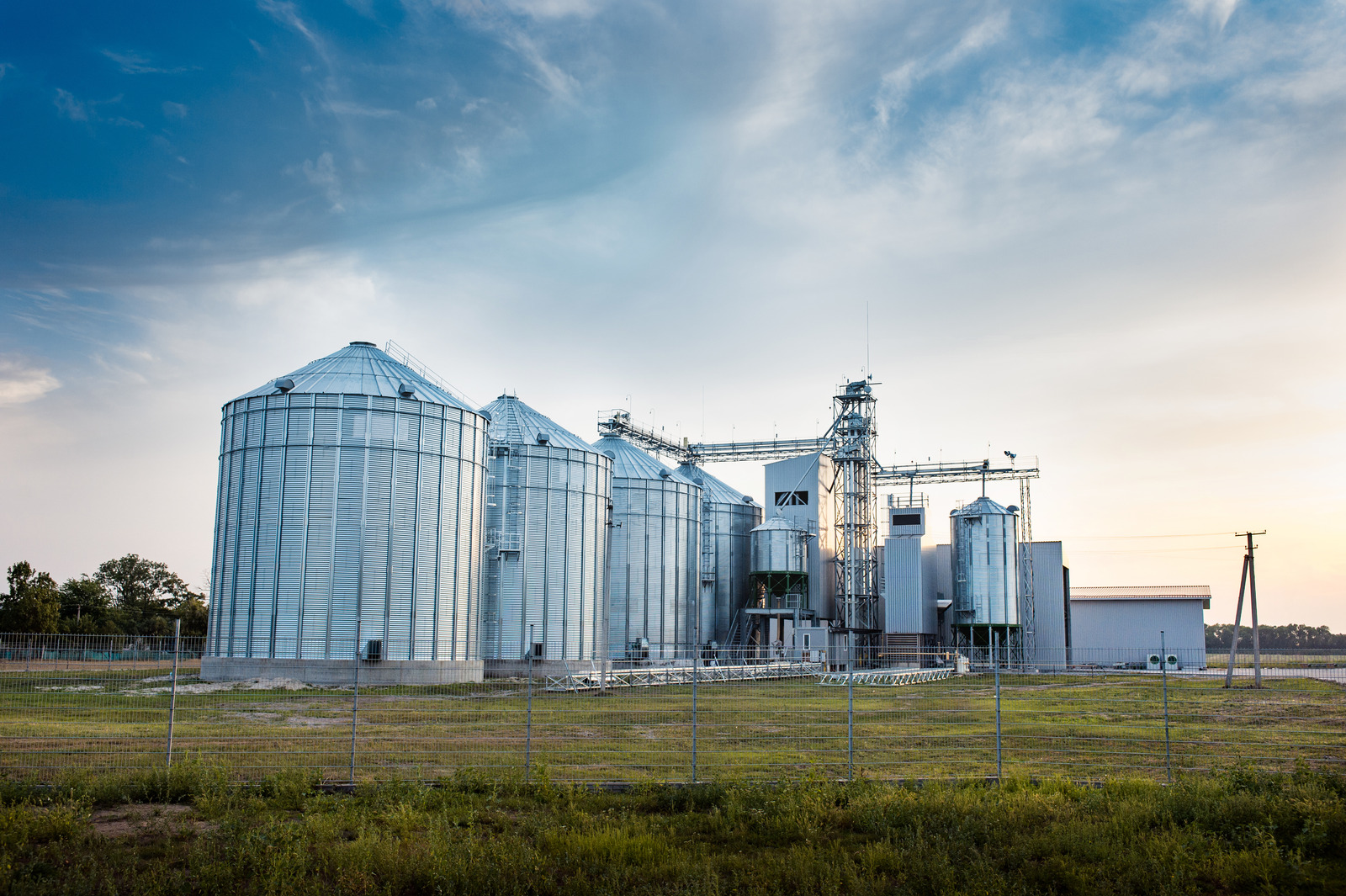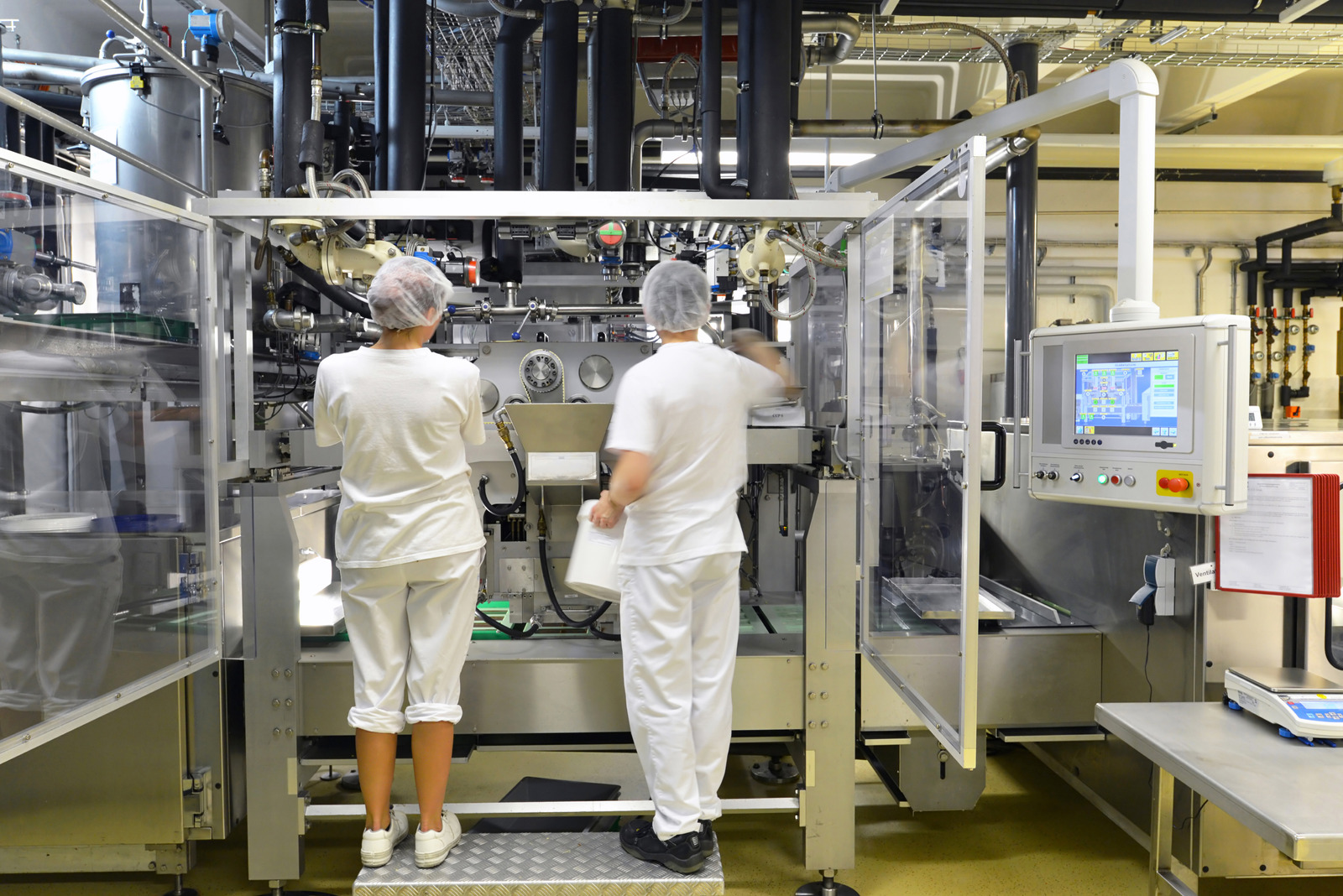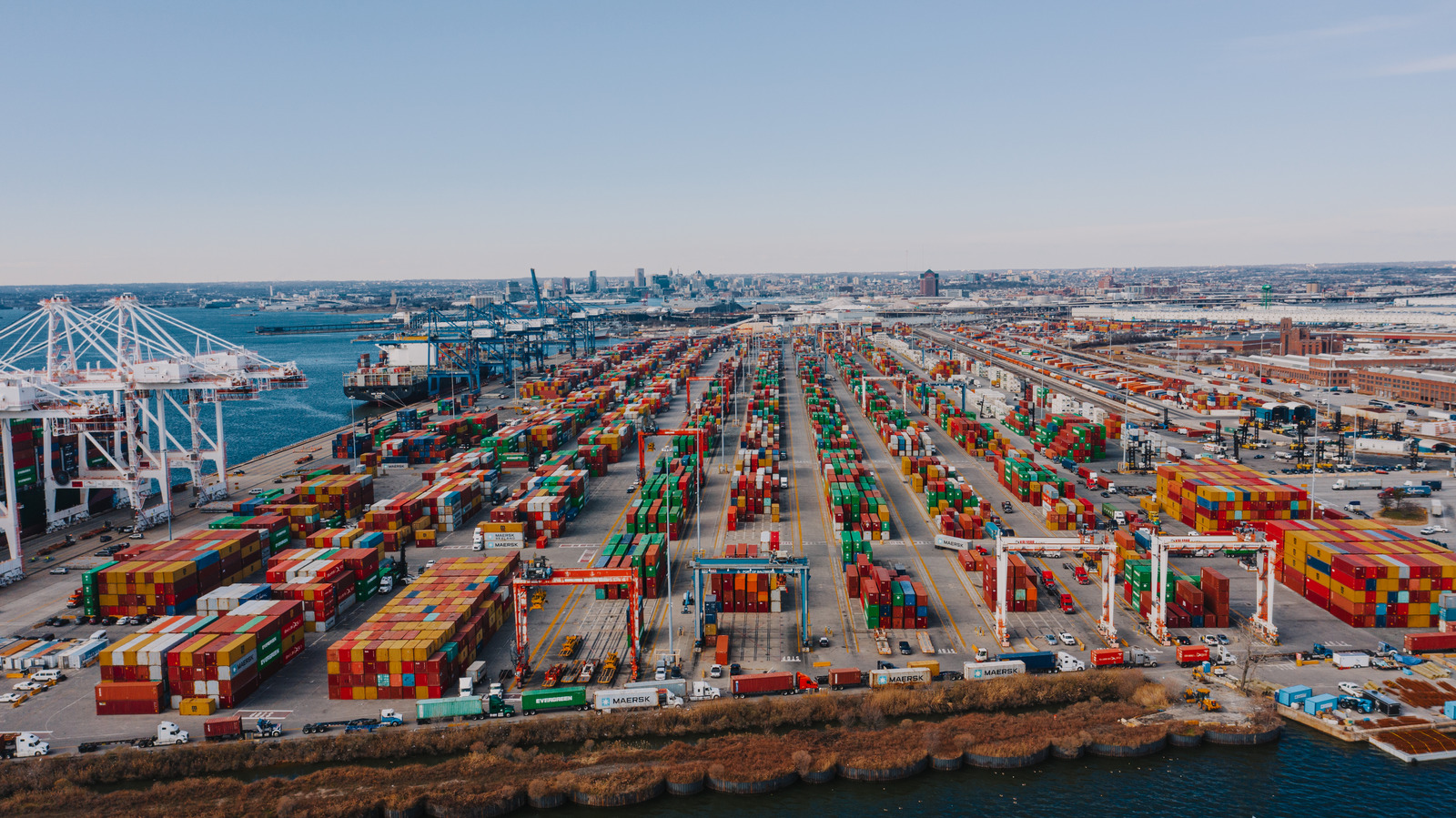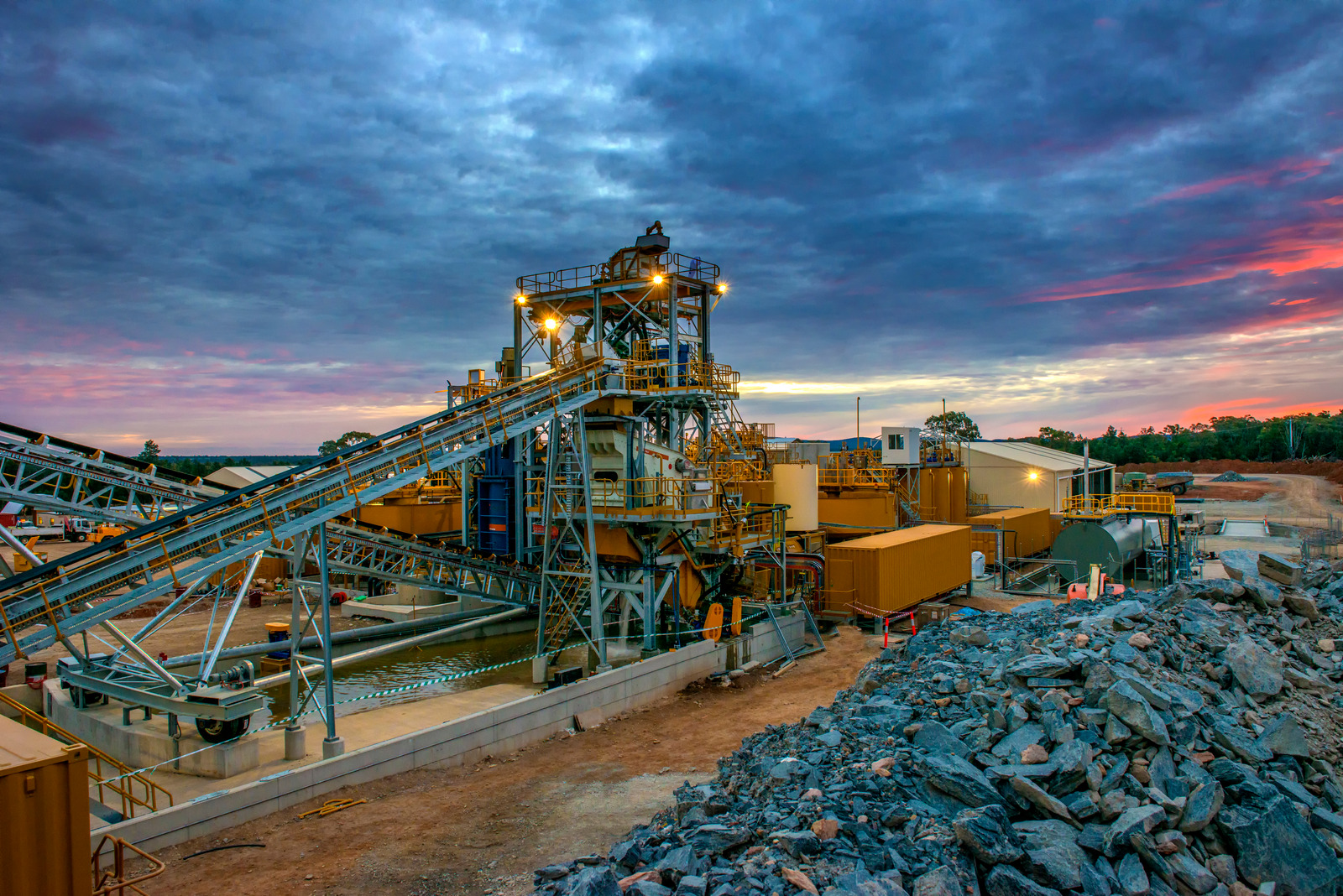Discover more about some markets we serve

Agribusiness
Technological advances in mechanization, development of new inputs, and precision agriculture have brought agribusiness to a level of production similar to the industry. Finally, the adoption of information technologies complemented all these developments, and opened the new frontier of Digital Agriculture or Agriculture 4.0, which brings to agribusiness the challenges and opportunities of a new management focused on data.
SciCrop has served companies, cooperatives and agro-industries with Digital Agriculture Platforms that unify agricultural data, machinery, applications, pests control, climate monitoring, and many other activities. Initially, this guarantees the business a lower risk of losing strategic data. On the other hand, it offers predictive and prescriptive insights that anticipate the vision of the future and allow to measure and act against yield gaps.
Environmental
In a global scenario in which Environmental, Social and Corporate Governance (ESG) are the central factors in measuring sustainability and social impact in a company, the environmental segment gains unmatched relevance. There is a growing demand for new technological means of controlling and preventing the impacts that companies bring to the environment, as well as new means to monitor carbon emission and regenerate degraded areas.
SciCrop has stood out in this segment by providing APIs and geoanalytics modules that allow our customers to build their Environmental Monitoring Platforms. As a result, they gain speed in accessing, storing and measuring resources and environmental problems, through monitoring by more than 40 imaging and radar satellites. Additionally, a vast base of how environmental assets are registered and what risks they suffer can be offered: fires, natural disasters, improper use of the soil, among others.


Financial
On a planet that needs to expand its crop areas and at the same time ensure social and environmental governance, sustainable agribusiness and food production must be fundamentally based on the offer of financial credit and securitization. These means more risk management capillarity, remote availability and assertiveness. Therefore, in order to successfully manage those rural guarantees, this process should be supported by big data, IoT and artificial intelligence.
Offering solutions for banks, cooperatives, trading companies, insurance companies and resellers, SciCrop makes available to the market a credit origination platform to evaluate and manage rural guarantees, as rural properties. Applying state of art machine learning algorithms, our solutions deliver high accuracy in measuring credit risk, helping to mitigate credit default, whether inside or outside the farm.
Government
There is no more space for the asymmetry of service between rural and urban areas. The field needs to be served with the same health, education, logistics and market devices that the metropolises have. For this to happen, the government needs to be equipped with mapping and remote sensing technologies that allow constant and automatic updates of existing resources in rural areas, in order to prioritize actions.
In this context, SciCrop has proven experience in creating technologies and implementing them in the public sector, through government institutes and foundations, at the municipal and state levels. Making use of mapping solutions for rural areas, we can easily identify unknown roads and their attributes, gates, properties, crop production, water resources, among others. This kind of solution offers the government an integrated view of all aspects regarding the land coverage and population of rural zones.


Industry
Agri and food industries have a different approach compared to companies focused solely on crop production. The needs for automation and adherence to quality, security and financial control processes in short but high-frequency production cycles, forced the adoption of information technologies earlier. Currently, the challenges of this segment are in the optimization of processes, reduction of headcount, greater operational efficiency and compliance with the strictness of food safety and food security.
At SciCrop we understand that the industry needs integration and automation of data analysis, and greater flexibility in obtaining and updating information from traditional ERPs. Therefore, we offer in most cases the creation of data lakes and data warehouses with data integration buses provided by APIs. It brings an integrated view of data and information alerts, as well as, better data governance without islands of knowledge by departments and/or sectors.
Logistics
The logistics for commodities, food and biofuels chains are global, as well as their challenges. It is a complex and multimodal infrastructure, which seems far from what has been done by startups like Uber, Rappi, iFood and Waze. However, the adoption of artificial intelligence, remote sensing and big data analytics in these applications, has a lot to offer for logistics as a segment, and take it to another level of optimization.
SciCrop is getting noticed because of innovative solutions that bring state of art machine learning techniques to increase logistics optimization. Many benefits have been measured such as a drastic reduction in logistics costs using track routing algorithms that shorten distances, save fuel and reduce pollutant emissions.


Mining
The mining sector shares existing challenges from the agribusiness supply chain, primarily due to the remote environment of its operations, but also with the similarities in the control of workforces, machinery telemetry, internal and external plants logistics and environmental care. However, unlike agribusiness, the mining sector has requirements for solutions even more robust on risk analysis, workforce safety and continuous monitoring of the production.
One of the first actions that SciCrop promotes within its customers from the mining market is the revolution in the control of remote activities, deploying real-time production control based on the streaming of telemetry generated by machinery and data collected by field agents. Even in situations of lack of traditional connectivity, we have upgraded our software solutions with industrial IoT hardware that supports satellite and radio connectivity. We also promote an open view management with dashboards and chatbots that helps delivering autonomous predictive insights and risk notifications.
Telco
The fair and prominent importance achieved by the agribusiness, opened new markets for several segments, especially telecommunications. Naturally, modern agriculture demands connectivity as a strategic infrastructure, at the same time that the offer of connectivity for agroindustries and farmers, gives access to the huge urban markets. Therefore, the cost of deploying narrow and broadband networks may now be financed by several other agents in a new business model.
SciCrop’s expertise in collecting census data from rural zones, people and companies in the agribusiness market, combined with analytical capacity, allows us to offer market intelligence solutions for telco companies. We provide assertiveness in determining the best strategies for accessing the agribusiness market, as well as, help to draw alternative connectivity plans in rural zones.
